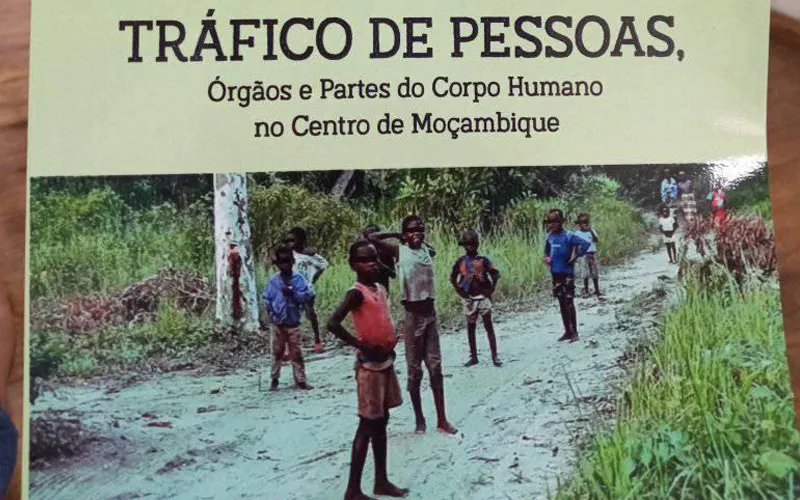The study reveals that “in most cases the victims were taken to South Africa and the cases of extraction of human organs for obscure purposes had the involvement of traditional healers,” he reported.
The study is of interest to all because as the findings show, human trafficking “affects the most vulnerable people,” the Mozambican Archbishop went on to say, adding that the study provides insights into the problem of human trafficking, which “competent authorities” can use to prevent “this type of crime.”
The study was conducted between 2020 and 2021 in Mozambique’s provinces of Sofala, Manica, Zambézia and Tete in the central region of the country.
According to a representative of the research team, Titos Quembo, the study established that “the population does not trust the judicial institutions, a fact associated with the lack of human and material resources that hinder the production of evidence against criminals.”
Mr. Quembo explained, “Poverty and low schooling facilitate the work of the traffickers, who convince many parents to sell their children in exchange for the needed money.”
“In many cases, traditional healers are the main promoters of the extraction of human body parts for rituals and medicines that promise miraculous cures,” Mr. Quembo further said, and continued, “Some of the biggest victims of this market are people with albinism, who are constantly persecuted and killed because it is believed that their organs can promote the cure of various illnesses.”
Given that many countries border Mozambique, “the control and surveillance of Human Trafficking becomes more difficult and, therefore, there are no concrete figures,” he said, adding, “Besides trafficking in human persons, Mozambique is also a route for the transit of victims from other countries, who are often taken to countries like South Africa.”
“One of our informants followed the dramatic case of 78 illegal immigrants found in the container of a truck, 64 of whom were lifeless,” Mr Quembo recounted.
The young people in the container, he disclosed, had been “recruited in Ethiopia by people from South Africa, and passed through Malawi. However, it is not possible to state the purpose for which they were being taken, and it is believed that the intention was labour exploitation.”
The study complements two previous researches (2016 and 2018), which focused on the phenomenon of Trafficking in Human persons and organs in the South and North of Mozambique. They were realized in partnership with the Catholic Agency for Overseas Development (CAFOD) and Caritas Spain.








